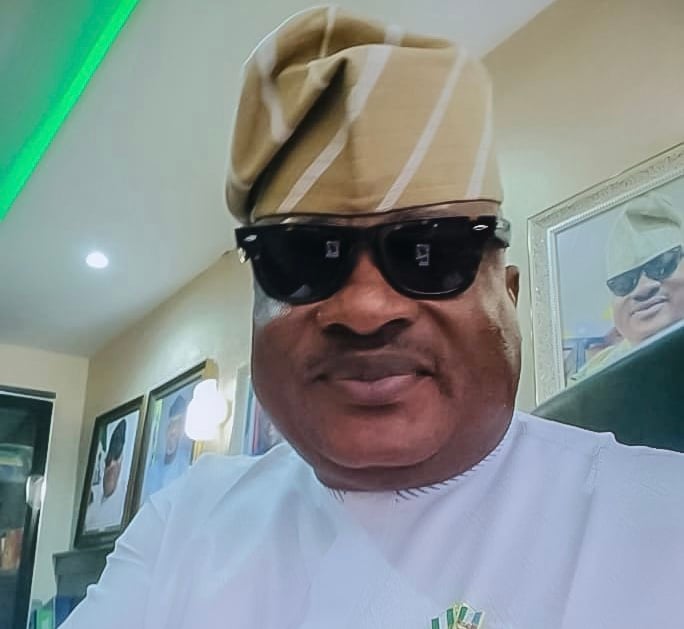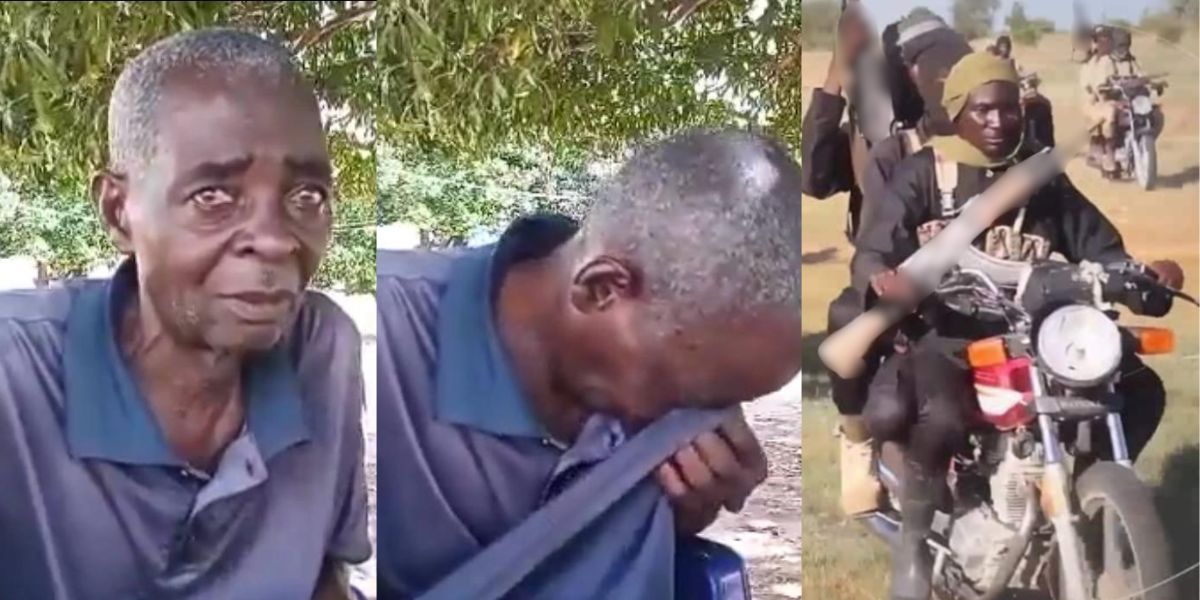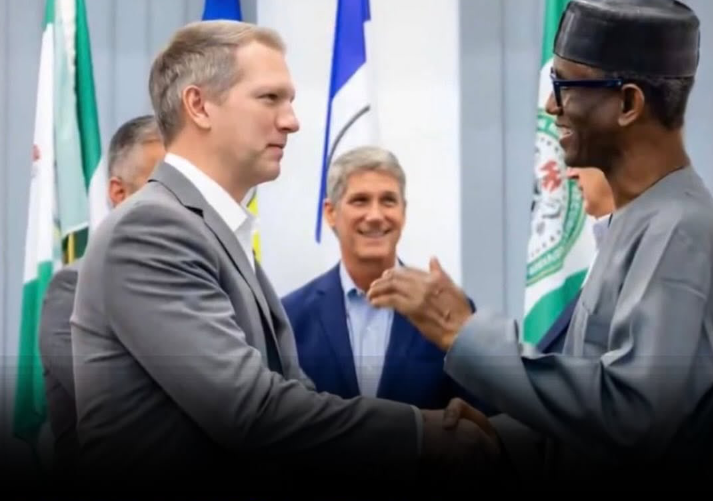

In a passionate call that has resonated across Nigeria’s political and social landscape, Hon. Tolu Bankole, a distinguished member of the All Progressives Congress (APC) National Working Committee, has urged both the Federal Government and State governors to take bold, compassionate action by subsidising the tuition fees of Persons with Disabilities (PWDs) by 75 percent. Bankole’s appeal, which has since stirred waves of discussion among education stakeholders and disability advocates, reflects a growing demand for inclusivity, fairness, and tangible empowerment in Nigeria’s education system.
Speaking on Sunday, Bankole emphasized that the government has a moral, constitutional, and humanitarian responsibility to ensure that no citizen is left behind due to disability. He noted that while numerous policies have been rolled out in support of education, very few have truly addressed the unique challenges faced by persons living with disabilities, particularly in the area of access to quality education. “The time has come for Nigeria to walk the talk on inclusivity. It’s not enough to make speeches about equality; we must make policies that change lives,” he said firmly.
The APC stalwart explained that education remains the strongest weapon for liberation and self-reliance, especially for people who already face systemic barriers in employment and public participation. “When you educate a person with a disability, you’re not just changing one life; you’re transforming a generation,” Bankole added, pointing out that most families of PWDs are financially strained due to medical and mobility expenses, leaving little room for the cost of tuition and learning materials.
His statement has been widely interpreted as a challenge to the government to turn political promises into concrete action. For decades, the issue of inclusion for persons with disabilities in Nigeria has remained largely rhetorical, with many still struggling to access basic education, let alone higher learning. Despite the Discrimination Against Persons with Disabilities (Prohibition) Act signed into law in 2019, implementation has been slow and inconsistent across various sectors. Bankole’s call, therefore, is being seen as a timely reminder that social justice requires not only laws but also financial and institutional commitment.
He stressed that subsidising education for PWDs is not charity but a strategic investment in human capital. “A government that fails to empower its vulnerable citizens cannot expect sustainable growth,” he said. “If we can fund infrastructure, politics, and sports, we can surely fund education for those who need it the most.” His remarks have reignited public debate over Nigeria’s budgetary priorities, with many Nigerians pointing out the imbalance between government spending on political activities and social welfare initiatives.
Education advocates and disability rights groups have lauded Bankole’s proposal, describing it as a progressive and humane idea that could serve as a game-changer if implemented. The Joint National Association of Persons with Disabilities (JONAPWD), in a swift reaction, applauded the initiative and urged both federal and state authorities to act promptly. According to a spokesperson for the group, “Hon. Bankole’s call is not just political rhetoric—it is a wake-up call. Our members have been sidelined for too long. A 75 percent tuition subsidy would not only open doors but also restore dignity to people who have been forgotten by society.”
In many Nigerian institutions, students with disabilities face enormous hurdles beyond just financial challenges. Accessibility remains a major issue, as most campuses lack ramps, Braille materials, sign language interpreters, and inclusive technologies. Bankole’s argument, therefore, extends beyond the question of affordability—it’s about breaking down systemic barriers. He urged universities, polytechnics, and colleges of education to create learning environments that foster inclusivity and respect for diversity. “Education should not be a privilege for the few; it is a right for all, regardless of physical condition,” he said.
Political analysts have described Bankole’s intervention as a sign of growing consciousness within the ruling party about the need for social inclusion. Over the years, the APC has often been accused by critics of focusing more on macroeconomic issues than on human-centered development. However, voices like Bankole’s seem to be steering the conversation toward a more people-oriented approach, one that prioritizes the most vulnerable citizens. A senior party member, who spoke on condition of anonymity, said Bankole’s suggestion “reflects the soul of true progressivism,” adding that the government must now turn words into policies that deliver tangible impact.
The conversation around disability inclusion in Nigeria remains deeply emotional. For many PWDs, education is not merely a ladder to success but a fight for survival and recognition. Stories abound of brilliant students who dropped out due to financial constraints or lack of institutional support. A 2023 report by the National Commission for Persons with Disabilities revealed that over 70 percent of PWDs in Nigeria do not have access to tertiary education, largely due to economic barriers. If the 75 percent tuition subsidy proposed by Bankole is approved, experts say it could drastically reduce dropout rates and encourage more PWDs to pursue higher education.
Beyond education, Bankole’s call also hints at a larger national conversation about inclusivity and equality. Nigeria, a nation of over 200 million people, is estimated to have more than 25 million citizens living with disabilities. Yet, their representation in government, employment, and academia remains marginal. The few who manage to succeed often do so against all odds, relying on sheer determination rather than systemic support. Bankole’s proposal, therefore, is being viewed as a potential blueprint for empowerment that could inspire similar reforms in other sectors such as healthcare, transportation, and employment.
Public reactions on social media have been overwhelmingly positive. Nigerians from various walks of life have praised the lawmaker for championing a cause that many politicians often overlook. “This is the kind of leadership we need—someone who speaks for those who can’t fight for themselves,” wrote one X (formerly Twitter) user. Another comment read, “Subsidising education for PWDs isn’t a favour, it’s justice. Every child deserves a chance to learn and dream, regardless of disability.”
However, some critics have raised concerns about funding and sustainability. They argue that given Nigeria’s current economic strain, where many universities already struggle with underfunding and strikes, implementing a 75 percent subsidy might be unrealistic without a clear financial framework. Bankole, however, has countered that argument, suggesting that the funds could come from reallocated social intervention budgets, corporate social responsibility initiatives, and international development partnerships. “When there is political will, there is always a way,” he insisted.
As discussions continue, it remains to be seen whether the Federal Government and the state governors will heed Bankole’s call and take decisive action. Many Nigerians believe this proposal could mark a turning point in the nation’s approach to disability inclusion and education. The issue now lies in the willingness of policymakers to translate advocacy into law, and law into lasting impact.
For now, Hon. Tolu Bankole has struck a chord that refuses to fade. His words have reignited a long-overdue conversation about the value of every Nigerian life, reminding the nation that progress is meaningless if it leaves its most vulnerable behind. In the eyes of many, his call for a 75 percent tuition subsidy is more than a policy proposal—it is a moral revolution, a bold declaration that equality must no longer be optional but mandato
ry in the Nigerian dream.


